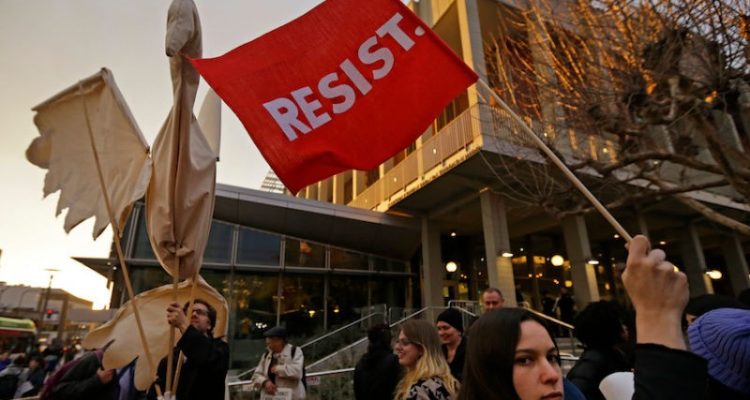In a world replete with challenges, the Bahá’í Faith embodies a vision for positing harmony and fostering unity, particularly within the intimate confines of one’s neighborhood. The teachings of Bahá’u’lláh, the founder of the Bahá’í Faith, beckon adherents to instigate positive transformation, starting from their own doorsteps and resonating outward into the broader community. This article explores the unique appeal of Bahá’í teachings in the context of improving one’s neighborhood, drawing from vivid metaphors, conceptual frameworks, and actionable strategies.
To grasp the allure of the Bahá’í teachings, one must first visualize the neighborhood as a microcosm of society. It is here that the potential for individual actions to precipitate communal development becomes vividly pronounced. Picture a garden: each individual represents a distinct flower, each with unique colors and fragrances contributing to the overall beauty of the landscape. Just as a gardener tends to their plants, nurturing them to flourish collectively, adherents to the Bahá’í teachings are urged to cultivate their neighborhood, turning it into a thriving ecosystem of unity and collaboration.
Central to Bahá’í thought is the principle of oneness. This foundational tenet extends beyond mere tolerance; it calls for a profound recognition of the intrinsic value of every individual. Each person is imbued with a spirit that, when kindled, produces light and warmth within the community. To improve one’s neighborhood, therefore, one must embrace this principle of oneness, fostering connections that transcend superficial differences. Create spaces for dialogue—community gatherings, interfaith discussions, and cultural exchanges that illuminate the diverse threads woven into the fabric of society.
Moreover, the Bahá’í teachings promote the spirit of service as a cornerstone of community enhancement. Service, in this context, can be likened to the act of weaving a tapestry. Each thread represents an act of kindness, a contribution to the collective welfare. Engaging in service-oriented initiatives—such as mentoring youth, organizing clean-up drives, or supporting local charities—can significantly uplift the spirit of a neighborhood. The joy elicited from these endeavors reinforces bonds of friendship and mutual respect among residents, creating a sense of shared purpose that invigorates the community.
Entwined within the principles of oneness and service is the notion of consultation. Consultation serves as both a method of decision-making and a mode of interaction. It embodies the idea that collective insights, when sought with sincerity and humility, yield superior outcomes. In practice, whether addressing neighborhood concerns or developing new community initiatives, the implementation of consultative processes facilitates deeper understanding and nurtures a culture of inclusivity. Encourage neighborhood meetings where all voices are heard, paving the way for collaborative solutions. The resulting synergy can cultivate a sense of ownership and responsibility within the community.
Cultivating beauty in the neighborhood is another facet underscored in Bahá’í teachings. Aesthetic environments resonate with principles of harmony and tranquility, fostering well-being among residents. Initiating beautification projects—community gardens, mural paintings, or public art installations—embodies an investment in both physical space and collective spirit. Such endeavors manifest the belief that a beautiful environment reflects a thriving community. When individuals perceive beauty around them, their hearts and minds are inclined towards unity, cooperation, and shared purpose.
The role of education is also paramount in fostering a vibrant neighborhood. Knowledge empowers individuals, providing them with tools to address challenges and seize opportunities. In the Bahá’í perspective, education extends beyond academic achievement; it encompasses moral and spiritual learning. Awareness campaigns addressing social issues, workshops on conflict resolution, and discussions on ethical living all promote a conscious citizenry. By equipping each resident with the means to contribute constructively, the neighborhood evolves into a crucible of proactive engagement and enlightenment.
In the context of the Bahá’í teachings, the improvement of neighborhoods calls for a paradigm shift—transcending the individualistic tendencies prevalent in modern society. As communities confront multifarious challenges, the wisdom of collective action, guided by the principles of unity, service, and education, becomes increasingly salient. Initiating efforts from one’s doorstep is akin to igniting a flame, which, when shared, becomes a beacon illuminating paths for others.
Leverage social media and community networks to propagate these ideals. Documenting stories of progress or highlighting acts of service can inspire others to partake in communal efforts. As these narratives spread, they engender a collective consciousness that recognizes and celebrates the power of individual contributions to the communal good.
Ultimately, the journey from your doorstep to the world necessitates a conscious and concerted effort. By encapsulating the tenets of the Bahá’í Faith—oneness, service, consultation, beauty, and education—individuals can catalyze a profound transformation within their neighborhoods. Each step taken towards improvement serves as a reverberation through the community, inspiring and uplifting those around. The neighborhood, akin to a garden, thrives on collective nurturing, evolving from a mere physical space to a sanctuary of unity where individuals flourish, together.
